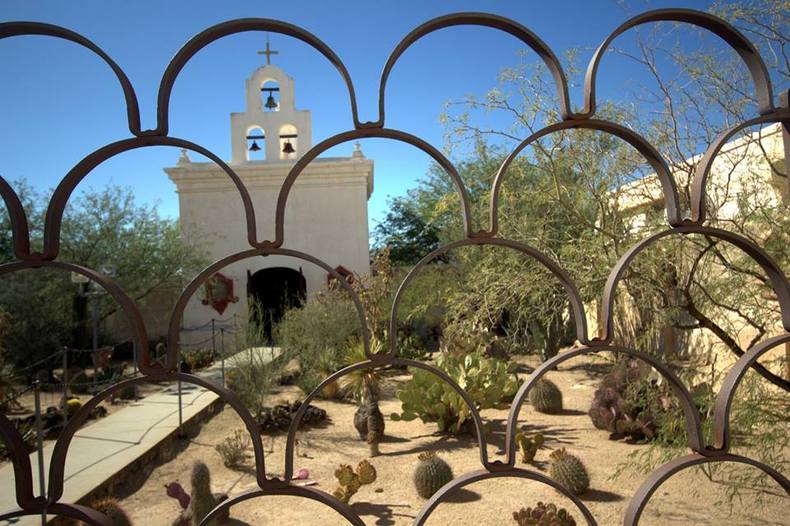The Qualifications of the Cellarer, or What We Do with What We Have.
Reflections on the Rule of St. Benedict

No one, at first glance, thinks, “Oh good, this part is going to be a real page-turner.” Chapter 31 is a detailed qualifications description for the Monastery Cellarer, which sounds like reading doubling as a sleeping pill. For Benedict, though, there is nothing dull about the Cellarer’s duties. The Cellarer is one who manages the goods of the monastery, food and supplies and such. For Benedict’s Rule there is no distinction between the sacred and the mundane. Every detail of life is sanctified and filled with holiness. So, the person who manages what belongs to the community has a sacred calling. “He will regard all utensils and goods of the monastery as sacred vessels of the altar, aware that nothing is to be neglected,” is how Benedict describes the Cellarer’s job.
I grew up in a disposable society. Things are acquired, used briefly, and forgotten or thrown out without any consideration. My Lenten discipline this year is to go through my things and give away what I’m not using. Digging through boxes, I’ve found so many things that haven’t seen daylight in more than a dozen years. I realize how careless I was and how much I bought into the idea of acquiring things whether or not I’ll really use them or appreciate them. Benedict wants a different approach to belongings. He wants the person in charge of what the monastery owns, to care for, distribute, and manage those things with wisdom, compassion, and thoughtfulness.
Most of us are the cellarers of our own lives in that we manage what we have, and we do that knowing all of life is holy. Mopping floors and shopping for groceries and recycling cans and paper are not trivial things, separate from our faith. All of life is holy because this is all God’s creation, and we inhabit a world that Christ was incarnate in, not separate from the mundane details of our lives, so what we choose to do with what we have are faithful decisions. May we see what we do with what we own or acquire as a sacred calling, just as Benedict did.
"In drawing up its regulations, we hope to set down nothing harsh, nothing burdensome." - Rule of St. Benedict